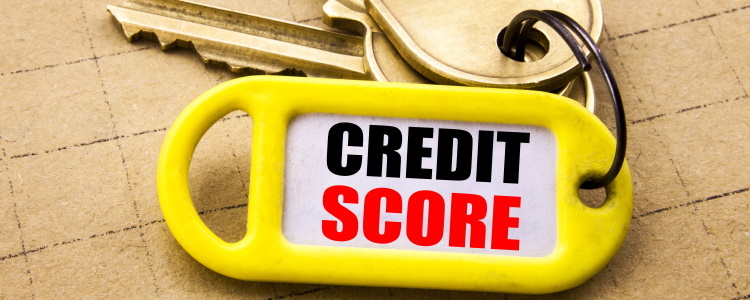When you have bad credit, it’s not uncommon for a lender to require a cosigner for a car loan. Think carefully when asking this of someone, however, because that person will have to put their credit and finances on the line for you.
Getting a Cosigner
When you bring in a cosigner on a subprime loan, they’re lending you much more than their credit score. That’s why people most often turn to family or very close friends for this. One thing to remember is that whoever you ask also has to qualify for the loan, because if you can’t make the payments, they’ll have to. The cosigner must meet the same income qualifications as the primary borrower, as well as have an acceptable debt to income ratio. Even if your cosigner has great credit, if they don’t qualify for the loan, you’ll be out of luck.
In Default
 Sometimes, cosigning on a loan for someone can be an emotional decision. Logically, it’s never a great idea to allow others to put their credit at risk. Unfortunately, when a borrower defaults on a cosigned loan, they're risking much more than their cosigner’s feelings.
Sometimes, cosigning on a loan for someone can be an emotional decision. Logically, it’s never a great idea to allow others to put their credit at risk. Unfortunately, when a borrower defaults on a cosigned loan, they're risking much more than their cosigner’s feelings.
Problems can arise at this point because now the cosigner must start making loan payments – including any that might've been missed, sometimes all at once. If your loan payment is $475 a month and you’re 90 days past due, that’s at least $1,475 in back payments.
On top of requiring the cosigner to make payments, both your credit and that of your cosigner are suffering at this point. Negative information that's reported to the credit bureaus will show up on both the borrower’s and cosigner’s credit reports. This includes any late or missed payments and, if things go too far, repossession (even though the cosigner has no ownership rights to the car).
Options as a Cosigner
As someone who's equally responsible for the repayment of the loan, your cosigner does have some options if they aren’t able to make up for the missed payments.
The first option is to ask the lender for a forbearance. This is something you should've done in the first place. But if you didn’t, it’s up to the cosigner to contact the lender and see if they can have some additional time to come up with the money.
Refinancing is another option. Lenders may not want to refinance a loan that is in default, but most would rather see a loan being paid than repossess a car. So, if your cosigner’s credit is still in relatively good standing, they may be willing to help you refinance the loan. This often means stretching out the loan term to lower the monthly payment to a more manageable amount.
Your cosigner might also try applying for another loan to pay off the original one. This option, although a last resort, might be one way to handle the situation. In this case, they could apply for a personal loan or see if a debt consolidation company is willing to work with them.
At this point, you could also sell the vehicle. Since a cosigner (not a co-borrower), has no legal ownership of the car, you'd have to agree to do this. It'd require that you have equity in the car (or the money to make up the difference) and, if sold, this could help you avoid repossession.
Bottom Line
Before you ask someone to cosign an auto loan for you, make sure you weigh all the options. You should be aware of what could happen to both parties before you move forward.
Besides a cosigner, you might even have additional options that you didn’t consider in the first place, like going through a special finance dealer. These dealers have subprime lenders available that work with people in many difficult credit situations. Let Auto Credit Express help you find one of these dealers in your area. Getting started is simple, just fill out our online auto loan request form today.



















